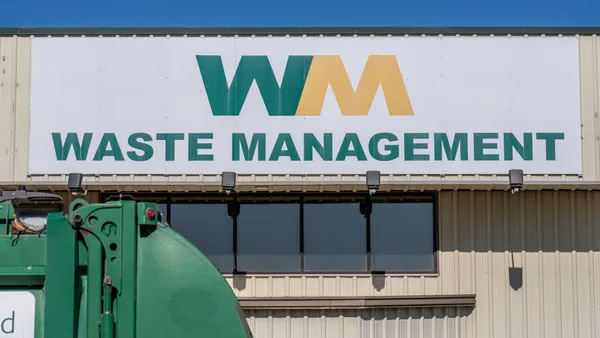For what the city of Lubbock, Texas, spends on overtime pay in its understaffed waste collection operation, it could support 15 additional full-time drivers, according to Solid Waste Director Brenda Haney. But when hiring, competing on salary continues to be a challenge.
“We’re not as nimble and agile,” Haney said, noting it’s not easy for municipal employers to change pay rates by the month versus private-sector counterparts.
The city’s solid waste positions are currently only 60% staffed, with 10 to 15 roles regularly vacant. Lubbock is also growing quickly, Haney said, which further strains existing staff resources.
Next month, in a bid to build a more sustainable pipeline of workers, the city intends to begin paying for new hires to complete commercial driver’s license training, partnering with a local college and truck driving school to do so. The training might normally cost the trainee several thousand dollars, but the city is supporting the investment with American Rescue Plan funds, according to Haney. The hope is that providing free training will increase availability of qualified individuals for the roles, or as Haney put it, “if you build it, they will come.”
Haney said she also has personally contacted every individual who’s expressed interest in the program since it was publicized earlier this month and will keep a list of individuals available to hire, which she also may share with other public works-type leaders once waste is fully staffed.
Rather than trying to enforce that employees who receive city-funded training stay in those jobs for a defined period, Haney is asking hires for a year of their time and hopes they will stay in the long term, in part due to the largely recession-proof nature of the waste and recycling industry, she said.
Across the private and public sector, employer-sponsored training such as what Lubbock is providing, as well as bonuses and pay bumps, seem increasingly common to secure drivers and mechanics.
Indianapolis also has an understaffed waste collection operation. The Indy Star reported this month that residents have flagged missed and late pickups for periods ranging from a few days to a few weeks.
The city is in the early stages of establishing its own city-supported CDL training program, said Amanda Ortman, chief financial officer for the Indianapolis Department of Public Works, as it seeks to address vacancies in 20% of its positions. The mayor’s proposed budget for 2023 includes funding to engage a vendor that can get prospective and current employees CDL-certified, with the intent of certifying 25 employees next year at an expected cost of about $4,000 per person.
“We have not projected yet what it’s going to save us ... We just know that right now, we do need CDL drivers,” Ortman said. She noted that competition is coming from online delivery services that “pay a little bit more than we're able to pay in government world.” Like Lubbock, Indianapolis isn’t sure how much it can enforce retention, but Ortman hopes the city’s benefits and pension programs will be attractive.
Ortman also said DPW hopes to soon announce a referral sign-on bonus, in addition to support for GED completion, as a high school diploma or GED certificate is a prerequisite for hiring.











